Franchise Model: Explained
Various Franchise Models: Explained
The continually rising trend of prosperous franchises is proof that franchising is one of the fastest-growing business segments today. Franchising has inspired the entrepreneurial careers of many business-minded people and provided them with significant rewards for their investments, allowing them to grow their businesses. Additionally, franchising has created a market on a scale never before seen by turning start-ups into household names and well-known brands.
In this essay, we’ll examine the fundamental principles of the franchise industry, how they work, and the factors that have contributed to each model’s success. However, before you get started, consider the distinctions between a franchise, a franchisee, and a franchisor.
What elements makes up franchising?
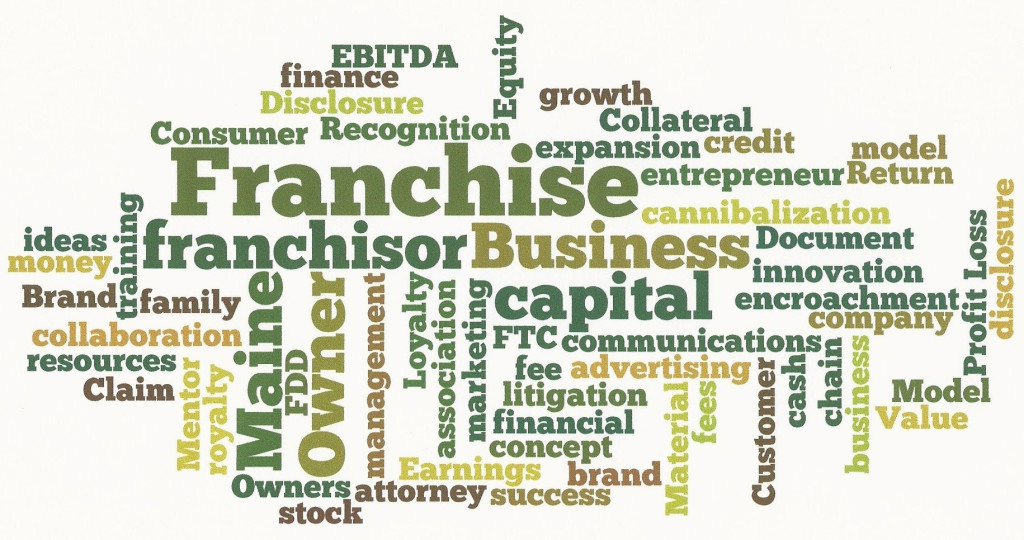
A franchise is essentially a permission given by an existing company to an entity allowing them to carry out commercial operations under their name. The franchisee is the organisation, individual, or group that purchases the right to operate a business. The franchisor is the business that permits the franchisee to open.
In exchange for a set price from the franchisee, the franchisor maintains a contractual relationship authorising utilisation of the brand, products, and trademarks.
Franchise Model Types
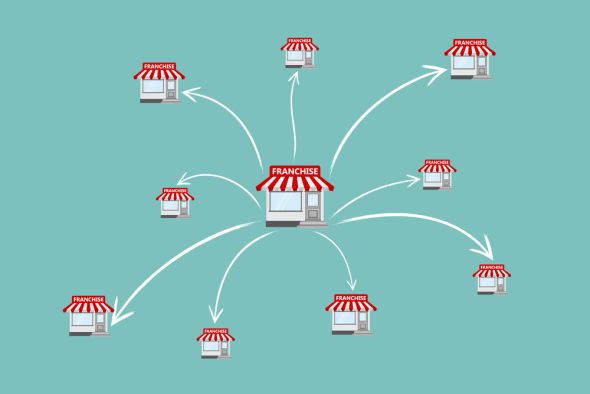
Organizational Format Franchise
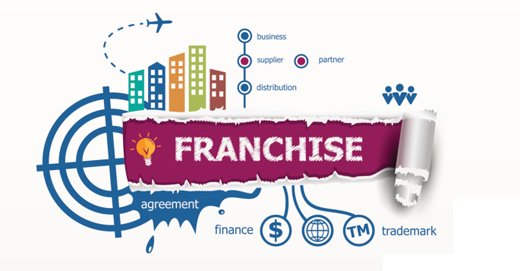
The franchise business is the fundamental concept of a basic franchise model in academic literature. The business model is said to as the franchising industry’s gold standard. Here, the franchisor offers a selection of benefits and resources to the franchisee. This franchise’s foundation is a legally binding agreement that includes a set of norms and standards that take into account the interests of both parties. A permission to use the brand’s name, goods, and trademarks is included in the package.
The specifics of this contract, such as franchise fees, profit margins, agreements for advertising and marketing, the provision of equipment and machinery, etc., vary from business to business. For instance, the majority of franchisors in the f&b industry rely on a tested business model and so offer comprehensive training and management advice to the franchisee.
The majority of market leaders, like Starbucks, Subway, and Kathi Junction, use this structure and have had excellent success doing so.
Franchise Business
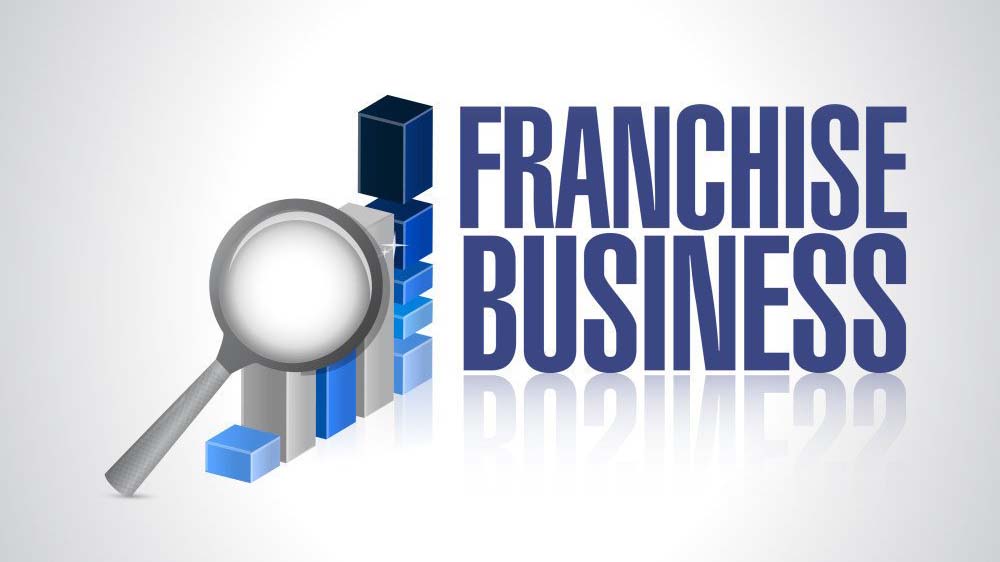
You may think of the franchise business franchise as the spawn of the franchise business franchise. In this case, the franchisee merely buys and sells goods straight from the franchisor. Vending machines are a fantastic illustration of this paradigm. While the franchisor makes these equipment, the franchisee is responsible for purchasing, maintaining, and selling them. Based on the agreement, the proceeds are split equally.
Franchise for Product Distribution

A supplier-distributor relationship is how a product distribution franchise operates. In this case, the company offers the goods, while the franchisee is in charge of its transportation and distribution. In theory, this arrangement gives a franchisee greater independence and transparency than the business model.
Larger companies in the market, including Ford Motor and The Coca-Cola Company, favour this structure. both in the sense of reach and in terms of products.
Management Franchise

A franchisee also isn’t actively engaged in day-to-day operations in a management franchise model. Instead, they only need to exercise managerial franchise over the company. Entrepreneurs with prior business expertise and business savvy will benefit most from this approach. Because of this, the typical businesses that favour this franchising model are ones that operate on a Business to Business (B2B) scale.
Manufacturing Franchise

In a manufacturing franchise, the franchisee receives the licence and power necessary to manufacture, package, and distribute the franchisor’s branded goods. Additionally, it gains from the franchisor’s advertising initiatives. In exchange, the franchisor receives the franchise fees as well as a portion of the net profits from all sold units. Profit-sharing, though, varies from business to business.
The company that uses this model the best is PepsiCo India, whose whole product line is produced by Varun Beverages Pvt. Ltd.
Alternative Classification
As an alternative, franchises can also be categorised based only on who owns and runs the company, as opposed to:
COCO: Owned by the Company, Operated by the Company.
FOCO: Owned by the Franchisee, Operated by the Company.
FOFO: Owned by the Franchisee, Operated by the Franchisee.Â
COFO: Owned by the Company, Operated by the Franchisee.
FICO: Invested in by the Franchisee, Operated by the Company.
Starting a Franchise Business
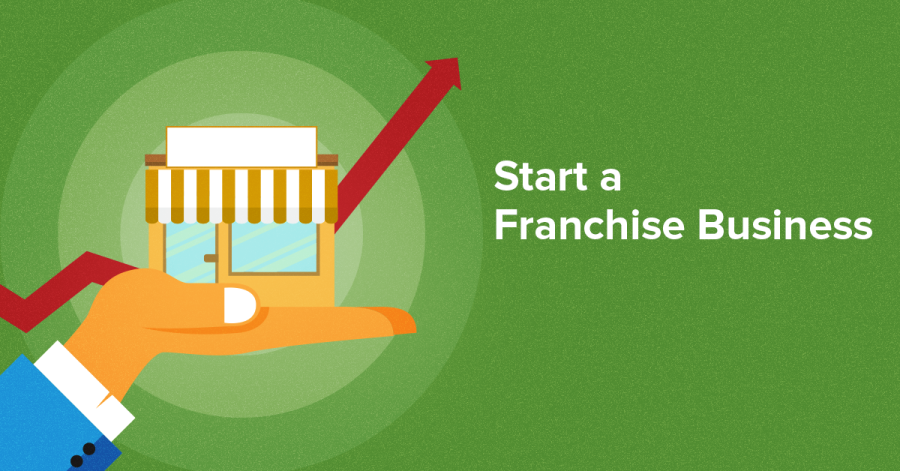
In India, there are primarily two ways to launch a franchising business.
- Direct Franchising: You can submit an application for franchising to the parent firm by meeting in person or online.
- Alternative: Applying for a reputable franchise with the advice and direction of franchise experts is strongly advised, particularly for first-time investors.
Last Word
Starting a franchise is a tried-and-true business model, regardless of the format. Simply said, a brand’s reputation carries answers for a devoted client base, financial hazards, a variety of proven, tested, and pre-planned marketing techniques, site selection advice, and many other challenges of this nature that new firms may encounter. Consider all of your alternatives carefully, seek out plenty of legal and professional guidance, and then enter your preferred model. Contact us to learn more about franchise investment opportunities in India.



